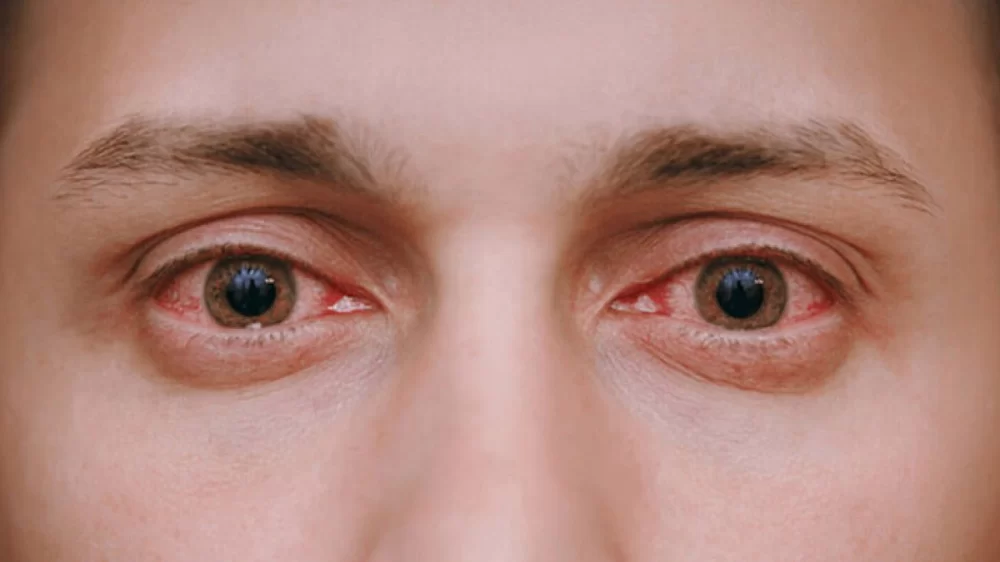
Understanding Symptoms of Eye Diseases and When to Seek Help
As I sat in my living room one evening, I noticed something odd. My vision seemed blurry, and I couldn't make out the text on my phone. At first, I thought it was just tired eyes from a long day at work, but the problem persisted. Little did I know, this was the first sign of an eye condition I needed to address. Eye health is often overlooked, but the truth is, we should pay attention to our eyes. Understanding the symptoms of eye diseases and knowing when to seek help can save you from serious vision problems down the road.
1. The Importance of Paying Attention to Eye Health
We all have days when we feel like our eyes are a bit strained, but did you know that ignoring persistent eye discomfort could lead to severe consequences? Our eyes are incredibly complex organs that are constantly exposed to various environmental factors. Sunlight, digital screens, allergens, and even aging can all affect eye health over time. Just like any other part of the body, the eyes need proper care, and recognizing early signs of eye diseases is crucial.
2. Common Symptoms of Eye Diseases
When it comes to eye diseases, symptoms can vary. Here are some of the most common signs that something might be wrong with your eyes:
2.1 Blurry Vision
If you notice that your vision is blurry, whether it's near or distant objects, it could be an indication of several potential issues, such as nearsightedness, farsightedness, or even cataracts. I remember experiencing blurry vision during my routine drive home, and it was an early sign of an issue that I would need to address with an eye care professional.
2.2 Eye Pain or Discomfort
Sharp or dull pain in the eyes can point to conditions like dry eyes, infections, or even glaucoma. Eye pain shouldn’t be ignored, especially if it comes with other symptoms like redness or sensitivity to light.
2.3 Redness and Irritation
Red or bloodshot eyes might look harmless, but they could signal conjunctivitis (pink eye), eye allergies, or even something more serious, such as a corneal ulcer or uveitis. The key here is to monitor whether the redness persists or is accompanied by other symptoms like discharge or swelling.
2.4 Floaters and Flashing Lights
If you start seeing spots, flashes of light, or floating shapes in your vision, it could indicate a problem with the retina, such as a retinal tear or detachment. This is something that needs immediate attention from an eye specialist.
2.5 Double Vision
Seeing double is a symptom that should never be ignored. It could be related to muscle problems in the eye or neurological conditions that require prompt medical attention.
3. When Should You Seek Professional Help?
It's easy to dismiss mild discomfort, but when it comes to your eyes, it's always better to be cautious. Here are some scenarios where you should seek professional help:
3.1 Sudden Vision Changes
If you experience a sudden drop in vision, whether it's blurred vision or loss of peripheral vision, it could indicate a serious issue like a stroke or retinal detachment. Time is of the essence in these situations, and immediate attention can make all the difference.
3.2 Persistent Pain or Redness
Any persistent pain or redness in the eye, especially if it's associated with swelling, vision changes, or light sensitivity, should not be ignored. Conditions like infections or glaucoma could lead to permanent damage if not treated quickly.
3.3 If You Have a Family History of Eye Diseases
If your family has a history of eye diseases such as glaucoma, macular degeneration, or diabetic retinopathy, it's wise to get regular checkups, even if you're not experiencing symptoms. Early detection is key to managing these conditions effectively.
4. Preventing Eye Diseases
While some eye diseases are genetic or age-related, there are many things we can do to maintain healthy vision. Here are a few tips that have helped me:
4.1 Protect Your Eyes from UV Rays
Wearing sunglasses that block UV rays can help protect your eyes from sun damage. Over time, excessive UV exposure can lead to cataracts and other eye issues.
4.2 Take Regular Screen Breaks
As someone who spends hours on the computer, I’ve learned that following the 20-20-20 rule is essential: Every 20 minutes, look at something 20 feet away for at least 20 seconds. This helps reduce eye strain and fatigue caused by prolonged screen time.
4.3 Eat a Balanced Diet
A healthy diet rich in vitamins A, C, and E, as well as omega-3 fatty acids, can support eye health. I started incorporating more leafy greens, carrots, and fish into my meals after learning that these foods can help prevent age-related vision problems.
4.4 Quit Smoking
Smoking increases the risk of cataracts and macular degeneration. If you smoke, quitting is one of the best things you can do for your eye health.
5. Seeking Help at the Right Time
One of the biggest mistakes I made early on was waiting too long to seek help. If you ever feel uncertain about your eye health, it's always a good idea to visit an eye doctor for a professional evaluation. Early diagnosis can prevent further damage and help preserve your vision for years to come. At Eye Docs, you can find the best specialists and clinics that suit your needs, ensuring you receive the highest quality care.
Your eyes are essential, and when it comes to eye diseases, prompt action is key. Don't wait for symptoms to worsen—schedule regular eye checkups and always consult with an eye care professional if you're experiencing persistent discomfort or unusual changes in your vision.








